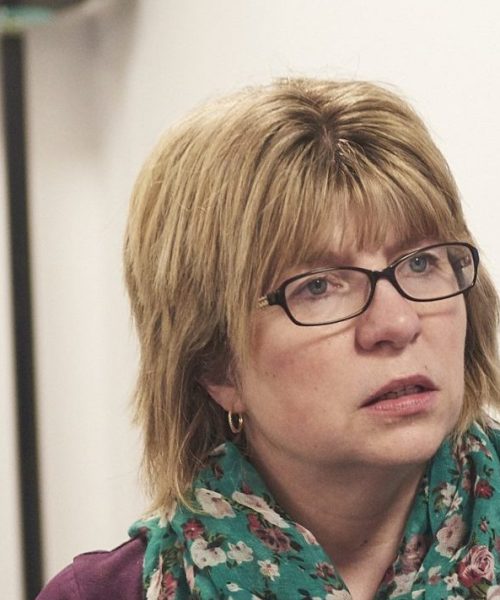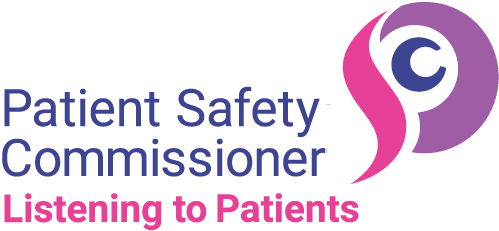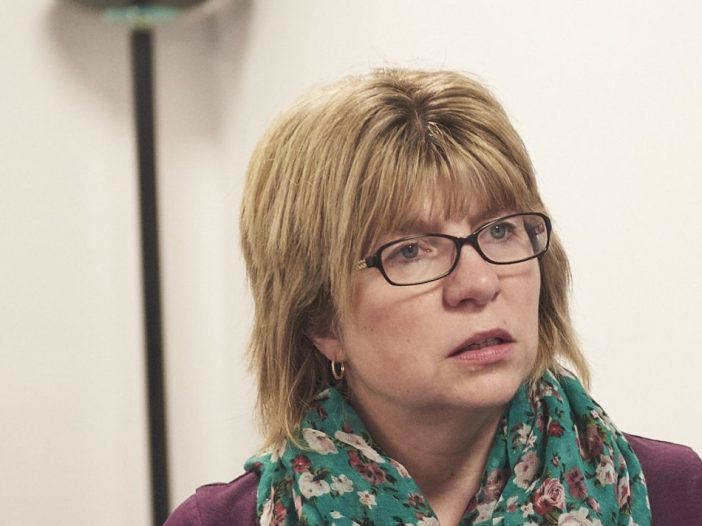
It is just over a year after we appointed Dr Henrietta Hughes as our first ever Patient Safety Commissioner. She is a champion for patients and promoting their views in relation to the safety of medicines and medical devices. She brings a wealth of experience from her previous role as National Guardian for speaking up in the NHS and understands only too well the need to listen to and act on patient and staff concerns in order to improve our healthcare system.
For thousands of years, medicine has operated on a simple principle – first do no harm. No patient should be harmed when they seek care. As an NHS nurse, this is my guiding principle. That is why the title of Baroness Cumberlege’s 2020 report on medicines and medical devices safety – First Do No Harm – was so fitting as it represents the rightful expectation at the heart of our healthcare system that we must avoid harm and protect patients.
We commissioned the Cumberlege review because it had taken too long for patients to be listened to. Creating the role of Patient Safety Commissioner was a key part of our response and symbolises our determination to ensure the system listens to, and acts on, patient views. We must put patients at the heart of our healthcare system, listening to their voices and acting on their concerns.
I want to give three examples of how we are advancing patient safety across our NHS.
Just before the pandemic, the NHS published its first NHS Patient Safety Strategy. It means that for the first time all NHS organisations must have a dedicated Patient Safety Specialist. It also means that trusts are expected to support their staff to receive robust patient safety training, use data to quickly recognise risks to patient safety, and ensure that compassionate engagement of patients and families is integral to safety investigations and learning responses. The NHS estimates that the Strategy is saving around five hundred lives a year – a great start but there’s more to be done.
Then in 2021 the NHS introduced Medical Examiners to independently look into deaths that had have not been investigated by a coroner. All deaths which occur in a hospital setting and one third of deaths in the community are now being scrutinised on a non-statutory basis by these Examiners. We are working towards scrutiny of all non-coronial deaths in all settings and putting the medical examiner system on a statutory footing from April 2024. A key role for these senior doctors is to reach out to bereaved families and give them the opportunity to raise concerns, so we can ensure that every lesson is learned when standards fall short.
We have also recently established the Health Services Safety Investigations Body (HSSIB) to continue the work of the Healthcare Safety Investigations Branch created in 2017 and independently investigate patient safety incidents to embed system-wide learning.
We owe a debt of gratitude to staff who speak up when they see anything getting in the way of delivering safe, high-quality care. We must create the conditions in which they feel safe and confident to openly voice concerns. That’s why last year, NHS England strengthened the national Freedom to Speak Up policy and expect all trusts to adopt this by the end of January 2024.
Whilst progress is being made to advance patient safety across our healthcare system, we are not complacent. I want patients and their families to have total confidence in the care they receive and for hospital leaders to embed a safety culture across their organisations. With the entire healthcare system all pulling together on this agenda, we can make sure that safe healthcare is at the forefront everywhere.

